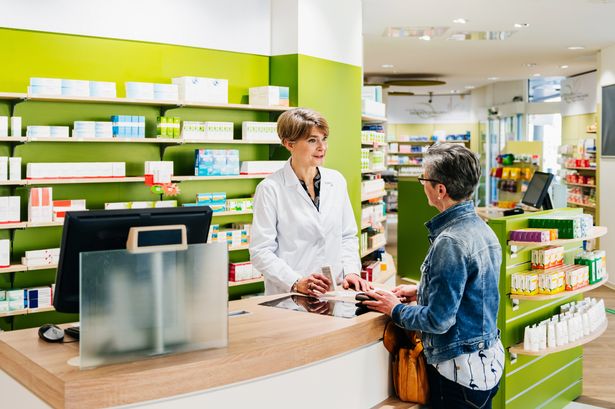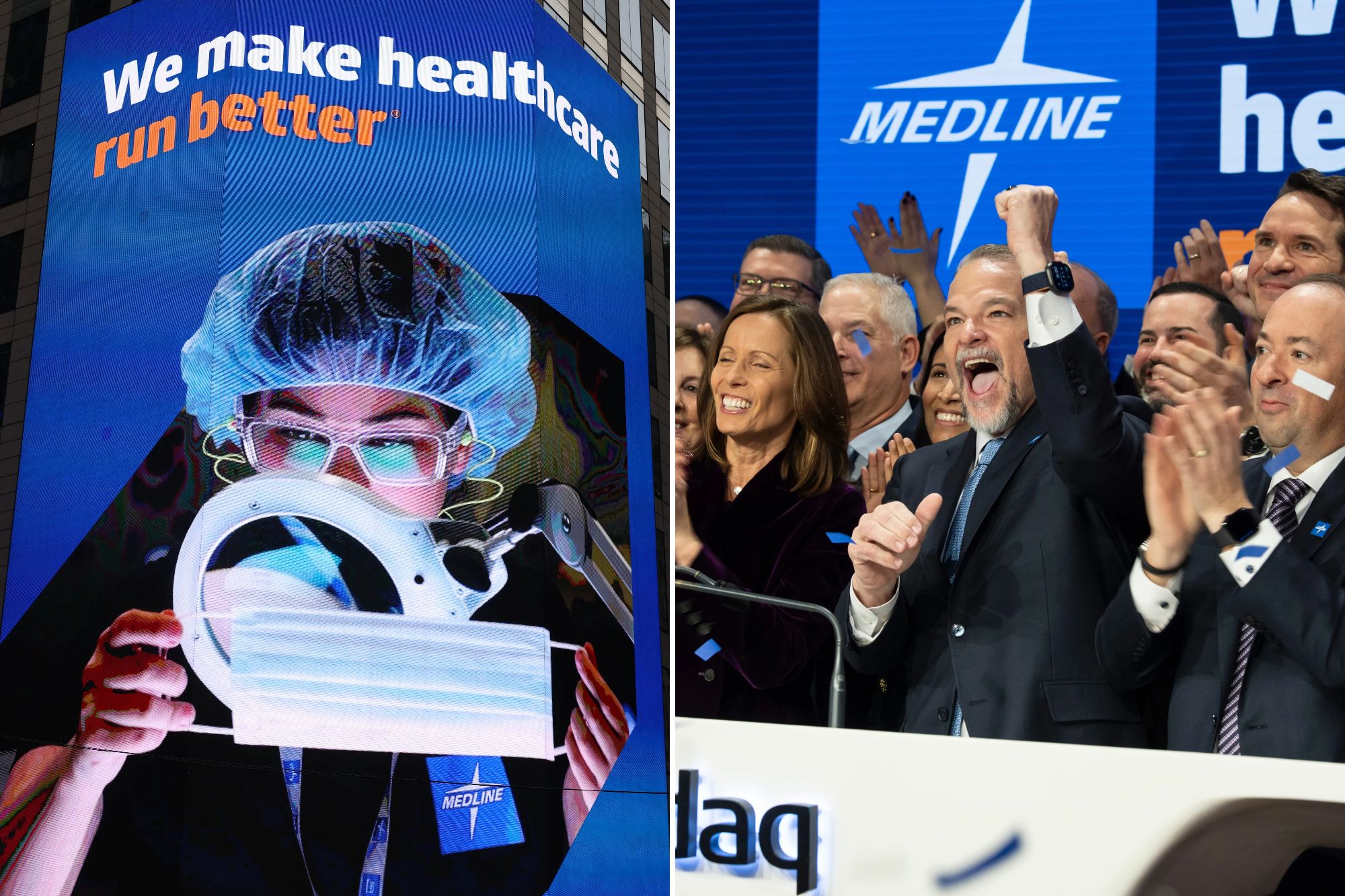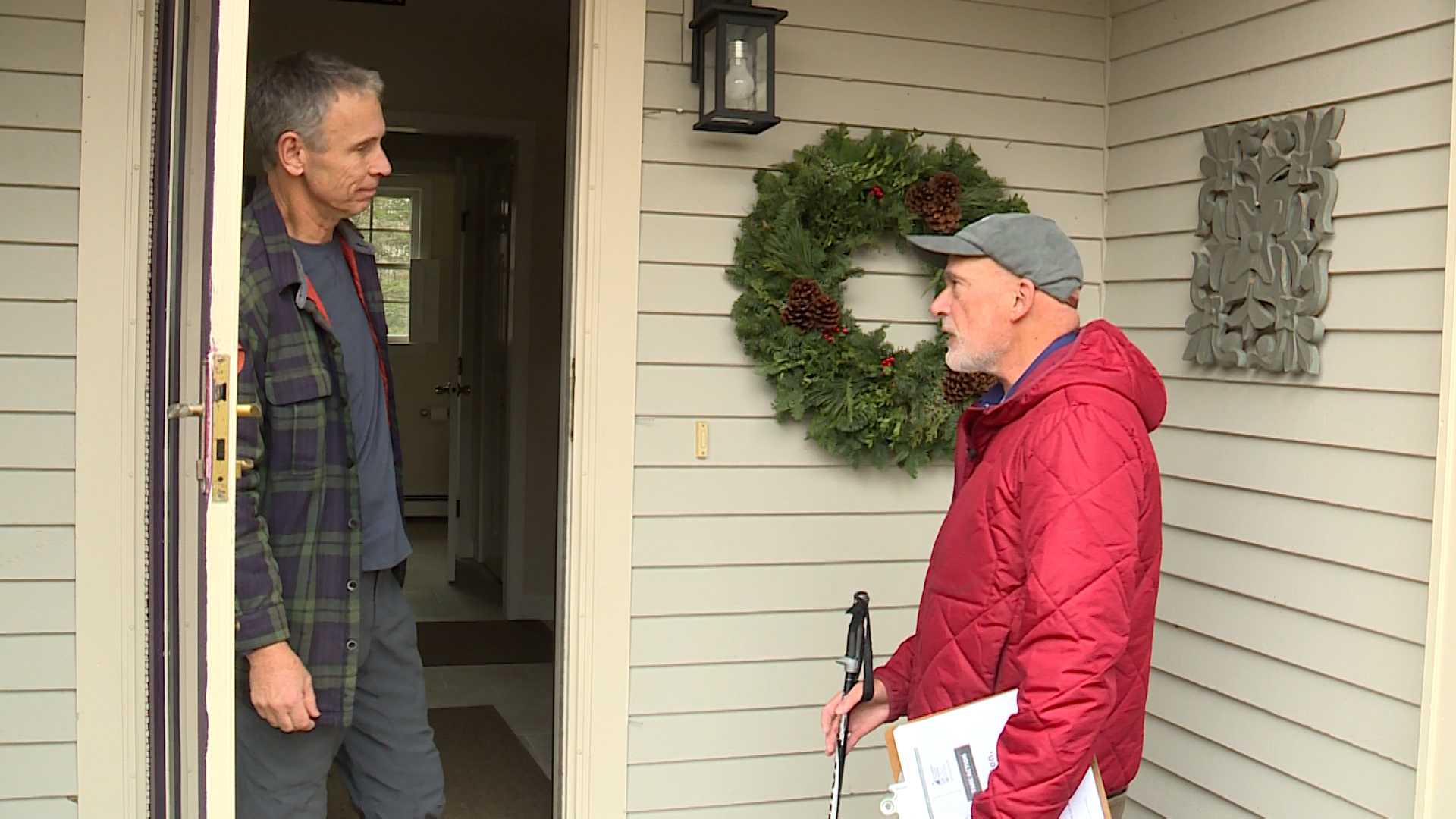The National Health Service (NHS) is urging individuals to consider using local pharmacies for treatment of common health conditions rather than automatically booking an appointment with a general practitioner (GP). This initiative aims to streamline access to healthcare services and alleviate pressure on GP offices.
As part of the campaign, the NHS highlighted that pharmacies can provide effective treatments for a variety of common ailments, which allows patients to receive care more quickly and conveniently. The health service emphasized that local pharmacists are equipped to handle certain conditions and can even dispense prescription medications when necessary.
Pharmacy First Initiative
The NHS has outlined seven specific health issues that can be addressed at pharmacies, eliminating the need for a GP visit. These conditions include impetigo for those aged one year and over, infected insect bites for the same age group, and earache for children aged one to 17 years. Additional conditions for which pharmacists can offer services include sore throat (aged five years and older), sinusitis (aged 12 years and older), urinary tract infections (UTIs) for women aged 16 to 64 years, and shingles for individuals aged 18 years and over.
For those who may not fall within these specific age brackets, pharmacists can still provide valuable advice and recommend suitable over-the-counter treatments. If a pharmacist is unable to address a patient’s needs, they can refer the individual to a GP or another healthcare professional.
The NHS stated, “Your pharmacist can provide treatment or some prescription medicine, if needed, for seven common conditions – without you seeing a GP. Think pharmacy first and get seen by your local community pharmacy team.”
Additional Pharmacy Services
In addition to the treatment of common ailments, many pharmacies offer other essential services. Patients seeking the contraceptive pill can often obtain it without a prescription, with some pharmacies providing it for free. Those aged 18 and older can also purchase the progesterone-only pill from most pharmacy locations.
Local pharmacies may also provide a range of additional services, including:
– Advice following contact with NHS 111 or a GP
– Chlamydia screening and treatment
– Support for smoking cessation
– Cholesterol and blood sugar testing
– Substance misuse services, including needle and syringe exchange programs
– Weight management assistance
Pharmacists play a crucial role in the healthcare system, offering immediate support for a variety of health concerns. By encouraging patients to consider pharmacies as a first point of contact, the NHS aims to improve access to care and enhance the overall patient experience. This initiative reflects a growing recognition of the important role that community pharmacies play in public health.







